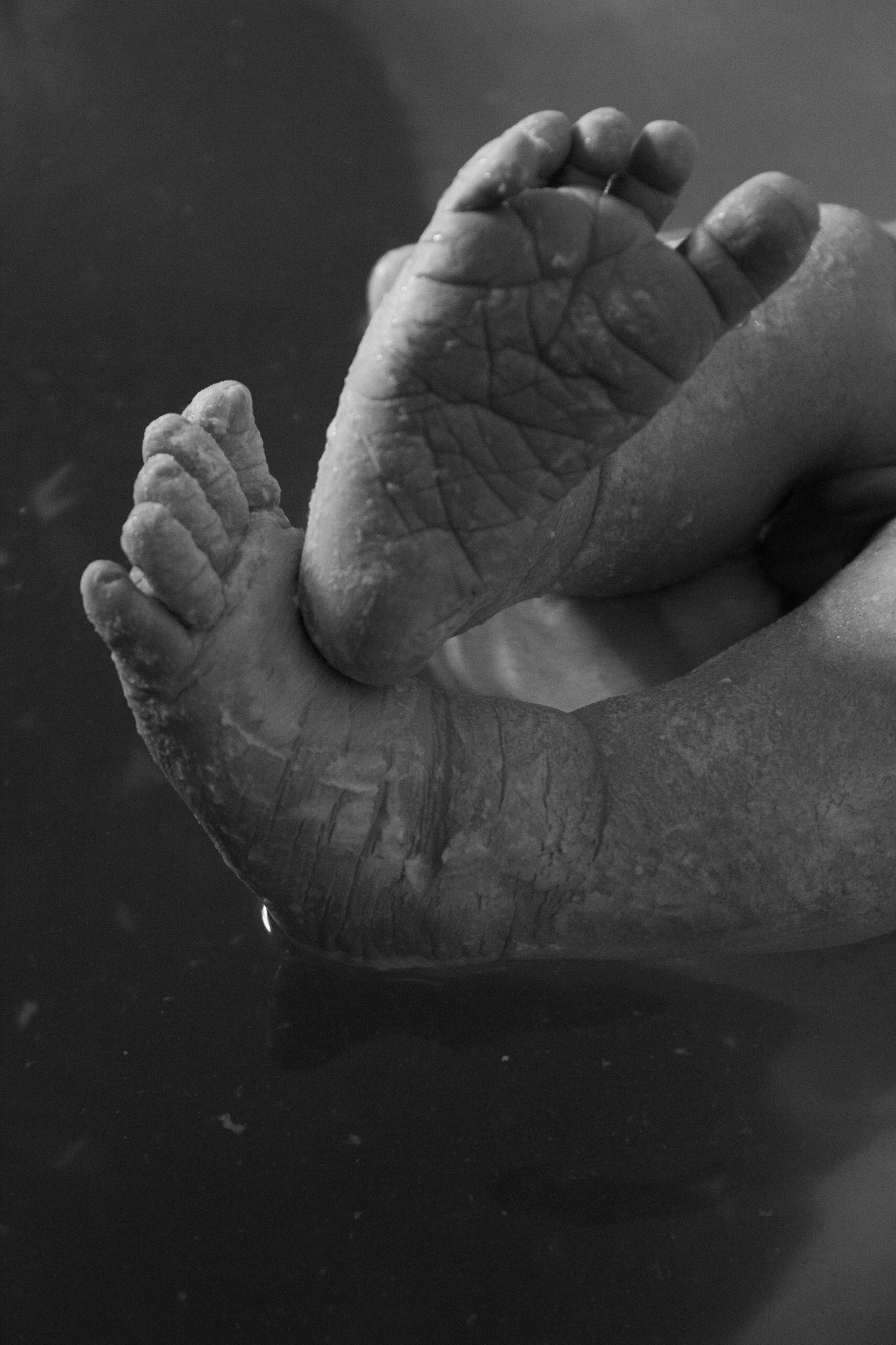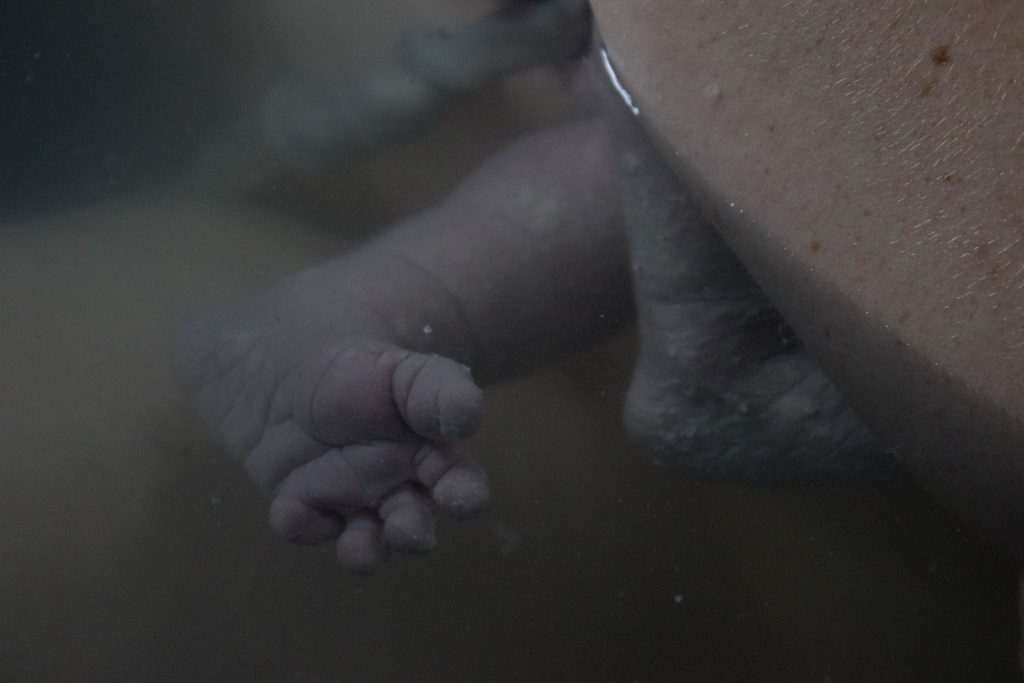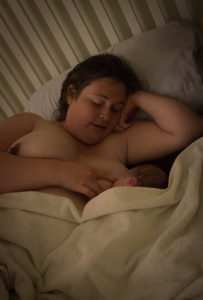“The concept of a fourth trimester, drawn from the maternal nursing and midwifery, refers to the crucial three to six month period after birth when many of the physical, psychological, emotional and social effects of pregnancy continue.”
from the Abstract of The Fourth Trimester. Saru M. Matambanadzo. 2014.
University of Michigan Journal of Law Reform.
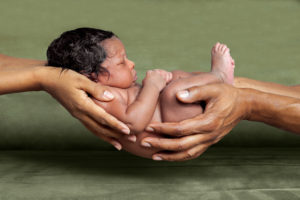 When we talk about a fourth trimester, we are talking about that funny period of time that your newborn doesn’t realise they are not in the womb any longer.
When we talk about a fourth trimester, we are talking about that funny period of time that your newborn doesn’t realise they are not in the womb any longer.
Where, as a new parent, you are transitioning to one of the most significant and life changing roles a person can go through.
It isn’t always an easy transition. For you or your new baby.
It is a trying, beautiful, exhausting, emotional time.
When the minute you get used to a situation, it flips and changes.
New parents, we hear you.
You and your little are getting to know each other.Your little is also adapting to being out of the relative safety and security of you.And can you imagine what a different place earthside is?
Cold, spacious and ever changing.
Having been used to a constant supply of nutrition via the umbilical cord and placenta, they experience hunger. And also have to figure out how to express to you, mama, the one who always just provided for this automatically, how they are feeling.
Having been warm and snug, everything is suddenly chilly and spacious.
Even from always being wet, everything is suddenly dry (well, almost everything. These littles do wee a lot!)
It must be quite the shock.
These are things that no one really tells us. This is the reason so many babies don’t want to be put down. Why so many babies will sleep soundly on the safety of your chest but be wide awake and searching for you the moment they touch the cot.
The solution can be something, theoretically at least, very simple but which is not something always very simple to recognise. Especially with all the well meaning advice given. With societies expectations of independence. The expectation of a swift return to our pre-pregnancy, pre-parenthood lives.
A rod of our own devising?
With society telling us for so long that we will spoil our babies by holding them, will make a rod for our own backs by responding ‘too quickly’ to a newborns every noise, it’s difficult for new parents and their loved ones alike to know how to support each other from an attachment perspective.
There is a lot of evidence to suggest that being responsive to our babies can be a huge relief and aid all kinds of things like breastfeeding and resting.
A lot of cultures have very specific rooming in rituals and traditions.
In japan, during a period of ansei, a period of rest and recuperation, it is common for a new mum to move back in with her mother and not leave the house for around a month post birth. This gives mum and baby time to get used to each other and their new roles in the family. Often grandmothers take on the new mamas responsibilities for the home on in this period.
In sub-Saharan Africa, a period of seclusion is also often observed. Allowing mother and baby time to heal together and bond.
There is often very little time allowed for this in western culture and evidence suggest that there a correlation between this and an increase in the instance of post-natal depression (pnd).
In our society, which prioritises independence and a return to life before parenthood, focusing on enjoying the fourth trimester is less likely therefore talking about it and being informed is even more important.
Honouring the fourth trimester.
As a new parent there are lots of ways to keep your baby close that don’t necessarily mean isolating yourselves indoors all the time if that doesn’t float your boat.
The benefits of skin to skin cannot be exaggerated! Spending the time that you are indoors naked and snuggled under a blanket is fantastic for a multitude of reasons.
Skin to skin can help:
regulate babies temperature,
regulate babies breathing and help avoid apnoea,
better able to latch on to the breast if breastfeeding,
boost oxytocin production which is directly linked to not only bonding (it’s often nicknamed the love hormone) but also milk production,
boost melatonin production, aiding both mama and baby to sleep well.
reduction in crying by up to 43%.
For more information about skin to skin have a look at this!
It is well known that breastfeeding on demand is the optimal way of feeding a baby but even if you choose not to do so, for whatever reason, responsive feeding and feeding on demand has many benefits. Whether feeding from the breast or via a bottle learning your baby’s hunger cues can be incredibly important.
These often include but aren’t limited to:
rooting at mama’s chest,
sticking out their tongue repeatedly,
putting their hands in their mouth,
smacking lips.
This is what the NHS has to say about responsive feeding.
Accepting offers of help is not always easy in our society but can be incredibly beneficial to honouring this period of time. Often close family and friends want to help but don’t want to intrude.
Let them intrude! Ask them to pop the laundry in, make you a hot drink or give the kitchen floor a mop! They will be happy you felt comfortable you asked and pleased to be doing something practical to help!
Daddy bonding is magic too.
Dads, we all know you want to be involved and don’t want to miss out but sometimes are unsure of where to put yourself or how to help. Doing a lot of the same things as mama can work for you too!
We’ve spoken about the importance of skin to skin and almost all the points apply to you too.
Baby, will recognise your voice and will be settled by your heartbeat just like mama. This means that lying topless with a nudy baby is beneficial to a strong attachment between you too.
Other ways of helping can include doing bath time (this can include some magic skin to skin too! Double bonus!); doing nappy changes and generally staying close to mama and baby.
Remember, breastfeeding is thirsty and hungry making work too so feel free to keep mama hydrate and close to snacks she can eat with one hand!
Support in different paths.
Essentially, we all want what is best for our families and newborns. With all the mixed messages it can be difficult to know where to begin.
This is especially true if the new parents you are supporting are choosing to do things differently from you.
It doesn’t have to be a barrier to support though. Making informed choices about what is right for your family is an important and often difficult path to walk.
If a member of your family or friends has just had a baby, don’t hesitate to offer to lend a hand but do try to be mindful of the fourth trimester.
When you go to visit bringing something this new family can pop in the oven can be a godsend. Offering to give the kitchen a once over or do the washing up might seem like an intrusion but its a real, tangible and practical way of offering a hand while not disturbing the wonderful, mind blowing bonding experience your loved ones are experiencing!

Read more about the fourth trimester here.
Did you honour the fourth trimester with any special rituals or did someone offer you some amazing tips for ways to bond with your little during this transition period? We’d love to hear all about it! By sharing all our tips and tricks we build each other up!


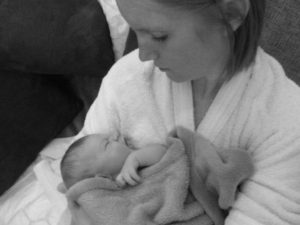



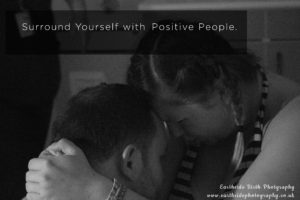





 This one. It just perfectly captured that moment that I had been waiting for, for what feels like a lifetime. Finally getting to see what/who he looks like; holding him.
This one. It just perfectly captured that moment that I had been waiting for, for what feels like a lifetime. Finally getting to see what/who he looks like; holding him.  During Karla’s labour there was a pocket of time during transition, that magical line, at around 7cm dilation, where the hormones change and active labour truly begins,that was truly incredible to witness. Before this moment, Karla had been totally in the room with us between contractions. Talking and laughing with her husband and midwives. Then all of a sudden that changed .
During Karla’s labour there was a pocket of time during transition, that magical line, at around 7cm dilation, where the hormones change and active labour truly begins,that was truly incredible to witness. Before this moment, Karla had been totally in the room with us between contractions. Talking and laughing with her husband and midwives. Then all of a sudden that changed .